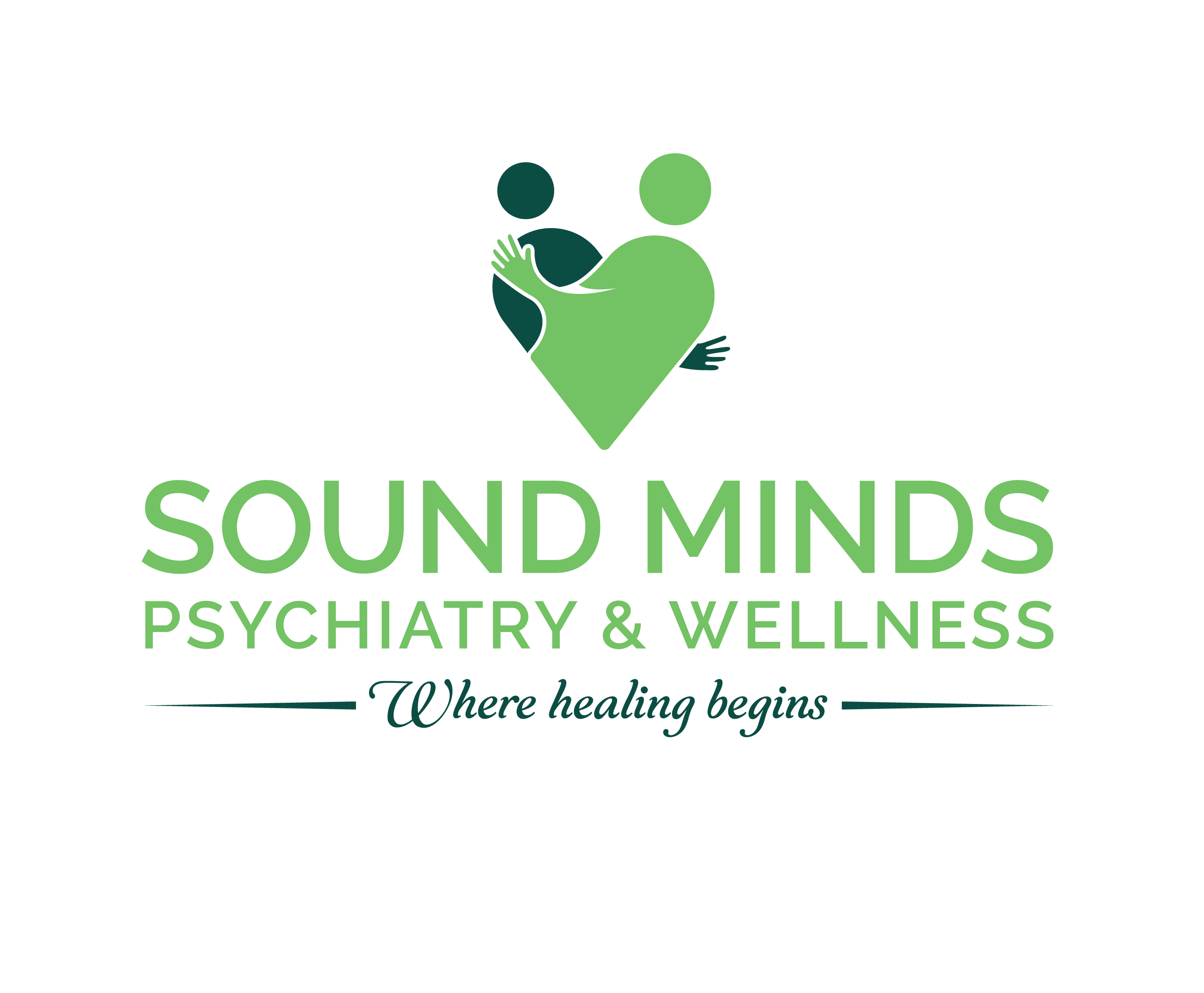Introduction
Physical activity benefits physical health and plays a vital role in promoting mental wellness. Regular exercise can help alleviate symptoms of mental health conditions, improve mood, and enhance overall cognitive function. This article explores how physical activity contributes to mental health and offers practical tips for integrating exercise into your daily routine.
Mental Health Benefits of Physical Activity
- Reduces Symptoms of Depression and Anxiety: Exercise releases endorphins, which are natural mood lifters. It also increases the levels of serotonin and dopamine, neurotransmitters that help regulate mood and anxiety.
- Improves Cognitive Function: Regular physical activity enhances brain function, improving memory, attention, and processing speed. It also promotes neuroplasticity, the brain’s ability to adapt and change.
- Boosts Self-Esteem and Confidence: Achieving fitness goals and seeing physical improvements can boost self-esteem and confidence, contributing to better mental health.
- Reduces Stress: Engaging in physical exercise aids in lowering the body’s stress hormones like adrenaline and cortisol. Simultaneously It boosts endorphins, the body’s natural stress alleviator.
- Enhances Sleep Quality: Regular exercise can help you fall asleep faster and enjoy deeper sleep, improving overall mental health.
Types of Physical Activities to Consider
- Aerobic Exercises: Exercises such as walking, running, biking, and swimming escalate the heart rate and enhance heart health, a factor associated with improved mental well-being.
- Strength Training: Weight lifting or resistance bands can improve muscle strength and endurance, which benefits physical and mental health.
- Yoga and Pilates: These practices combine physical movement with mindfulness and breathing exercises, promoting relaxation and mental clarity.
- Team Sports: Engaging in team sports provides physical benefits and promotes social interaction and teamwork, essential for mental wellness.
Tips for Incorporating Physical Activity into Your Routine
- Establish Attainable Objectives: Begin with modest and feasible targets, then progressively enhance the intensity and length of your physical training.
- Choose Activities You Enjoy: Find exercises that you enjoy to make it easier to stick with your routine. Whether dancing, hiking, or playing a sport, enjoying the activity is critical.
- Allocate time for Regular Exercise: Make physical activity a priority by incorporating it into your daily schedule, similar to other essential appointments.
- Stay Consistent: Being consistent is more important than intensity. Aim for a minimum of 30 minutes of moderate physical activity most days of the week.
- Listen to Your Body: Pay attention to how your body feels during and after exercise. Rest and recover when needed to prevent injury and burnout.
Conclusion
Integrating physical exercise into your everyday schedule is an effective method to boost mental health. Regular workouts can lessen signs of depression and anxiety, improve brain function, elevate self-worth, alleviate stress, and improve sleep quality. By identifying enjoyable activities and setting achievable objectives, physical exercise can become a long-term and gratifying aspect of your lifestyle



